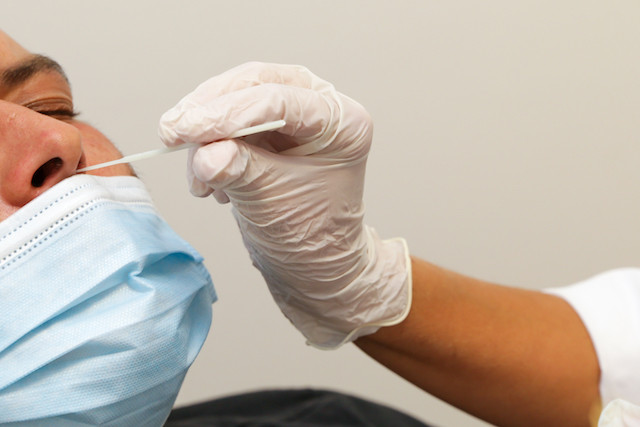According to the health ministry, a pilot of the extended questionnaire was carried out by the health inspectorate from 18-28 January. In it, people who tested positive were asked where they had been in the preceding two weeks, the activities they carried out and health measures that were observed.
From 584 people surveyed over this period, initial statistical analysis found that in half of cases, the individual knew the source of infection. Of those cases, three quarters of the contacts occurred outdoors and a quarter were both in and outdoors. In just 2% of cases was the contact purely indoors.
Most respondents reported spending over two hours with the infected person with just 4% of cases spending less than 15 minutes with them.
In nine out of ten cases, the infected had spoken directly with the person from which they contracted the virus. In 87% of cases they ate and or drank together.
The health ministry said that further statistical analysis of the data from the pilot project was ongoing and work to integrate this questionnaire into the regular work of contact tracers was in progress.
The health directorate and national laboratory are also in the process of setting up a system enabling them to sequence a representative sample of the general population based on samples from different regions and age categories in order to have a more accurate snapshot on the types of variants in circulation by the end of February.
